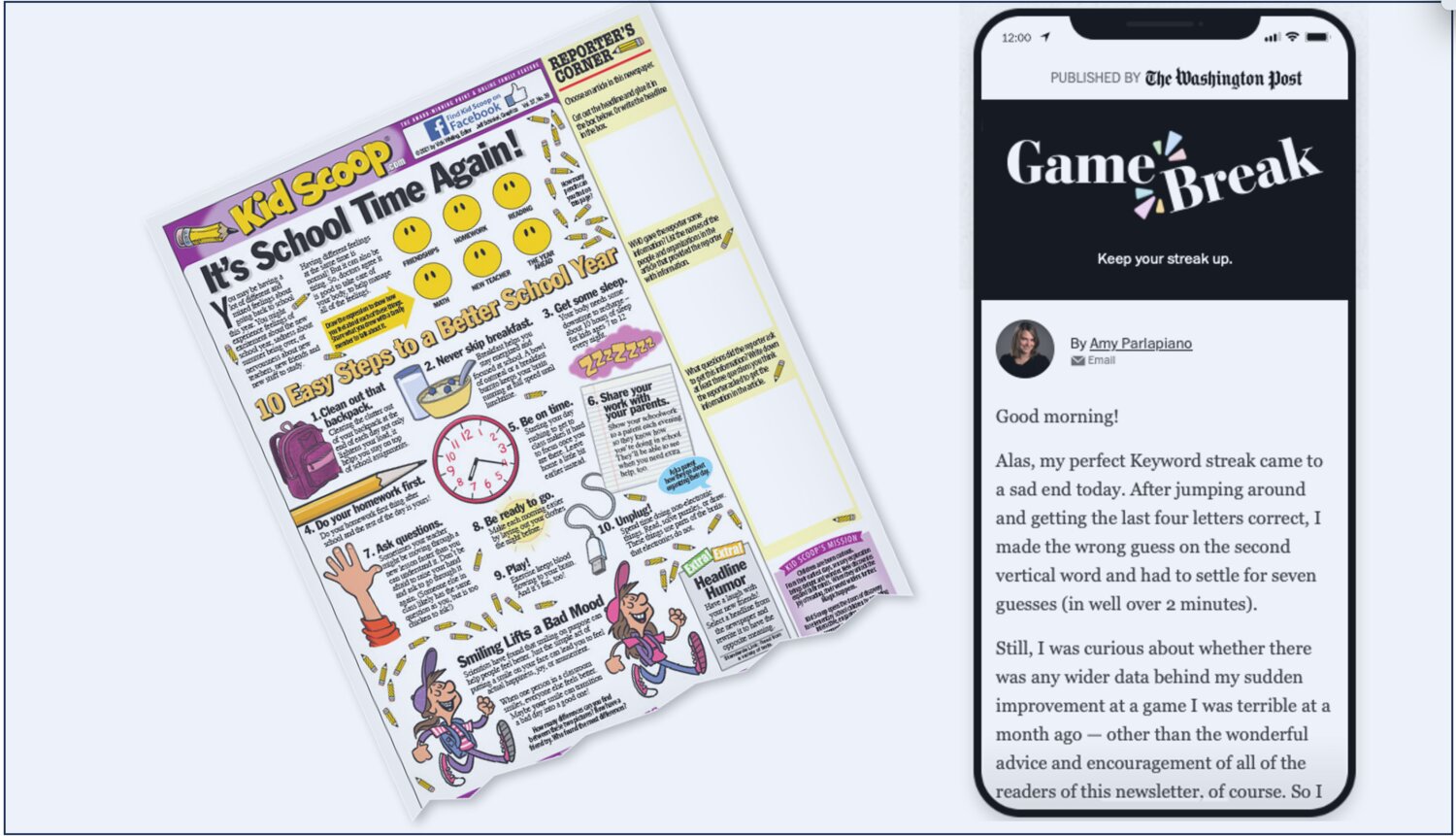
To brand themselves as a primary voice in their communities and appeal to the broadest audience, newspapers have included games and puzzles in their entertainment content for over 100 years. Readers continue to enjoy games and puzzles, but now there are opportunities to monetize that content.
Playing games and puzzles can be a respite from the psychological weight of absorbing the often tragic and troubling news of the day. The health benefits of games and puzzles remain unchanged — from a pause from the stress of work and other daily activities to the positive stimulation of the brain cells to adding to one’s vocabulary and knowledge.
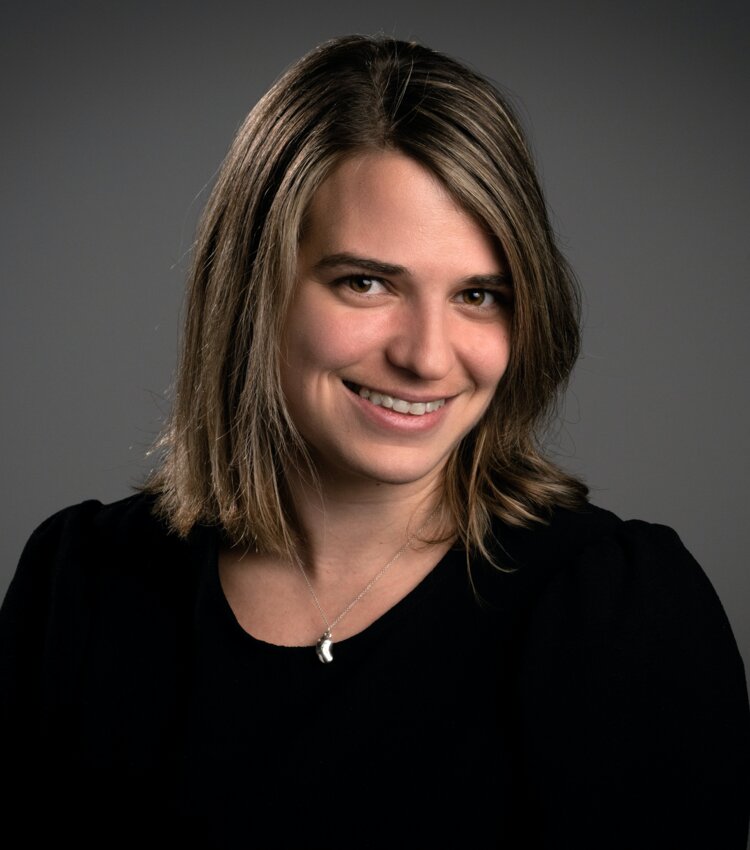
Many readers of The Washington Post have enjoyed its games and puzzles, including Keyword and the Sunday Crossword, written by Evan Birnholz at The Post. As the popularity of these games and puzzles increased, The Post decided to launch the Game Break newsletter in September 2023, which includes games and puzzles linked from The Post’s game page and others. Amy Parlapiano is the newsletter’s editor. She writes the daily news quiz, On the Record.
“As the editor of, I share some behind-the-scenes statistics, add some personality and highlight tidbits of information readers will learn by playing the games and puzzles. We want to create a community of people who like games, are interested in having fun, and need a little break in their day,” Parlapiano said.

According to Parlapiano, another goal of the Game Break newsletter is to make it easier to build a daily habit among readers so they return often. The player statistics included in the newsletter create a competitive environment, allowing readers to measure their results against Game Break others.
Although The Post is not currently monetizing Game Break (it's free with signup), Parlapiano advises newspapers and digital news sites to use games and puzzles to reinforce their community involvement. She also suggests including games and puzzles that can be played quickly because many readers may not have time for a crossword puzzle during lunch and are more likely to try other games.
Monetizing opportunities with Kid Scoop
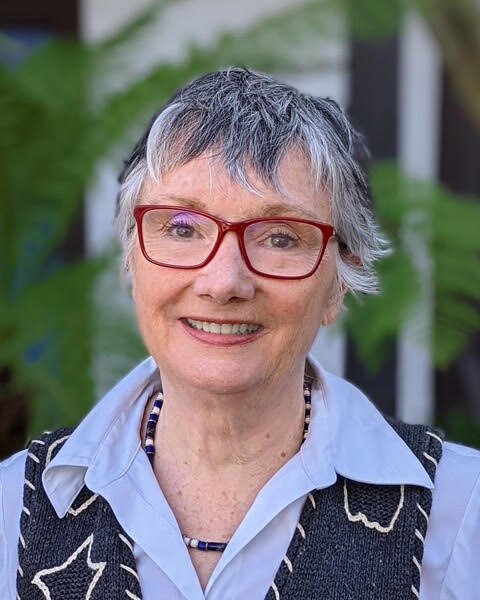
Kid Scoop, a project founded by Vicki Whiting, a San Francisco Bay Area teacher, was featured in the April 2022 edition of Editor & Publisher. Kid Scoop uses literacy puzzles and games to build reading, writing and math skills and develop the next generation of well-informed news readers.
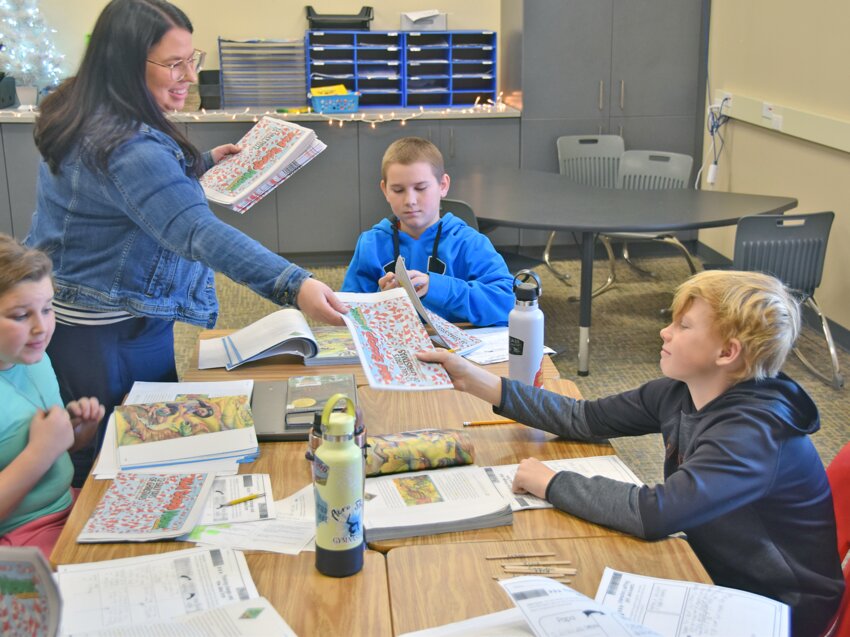
More than 30 years later, Whiting continues to create all the age-appropriate content for children published in more than 300 newspapers as an ROP full-page or half-page. She also produces the monthly, 28-page Kid Scoop News distributed to thousands of schools and approximately 100,000 children in California, Louisiana, Nebraska and North Dakota with the support of local donors.
Whiting helps newspapers utilize a transformational business model for the ROP and 28-page versions of Kid Scoop instead of an advertising model.
“I always tell our newspaper partners to sell impact, not space. More revenues are possible when publishers present Kid Scoop as a mission — an opportunity to change children’s lives. A small newspaper may generate $5,000 annually from the same ad space available on a Kid Scoop page, but if they sell a sponsorship based on the number of children engaging with Kid Scoop, for example, 2,000 students at $20 per student, then that same space generates $40,000,” Whiting said.

This is what Karen Schneider, publisher of the Oshkosh (Wisconsin) Herald & Neenah News, discovered when she started including the Kid Scoop ROP on the last page of the Herald when it was founded in 2018. The Herald also began collaborating with the local school district because the Kid Scoop content followed the same curriculum.
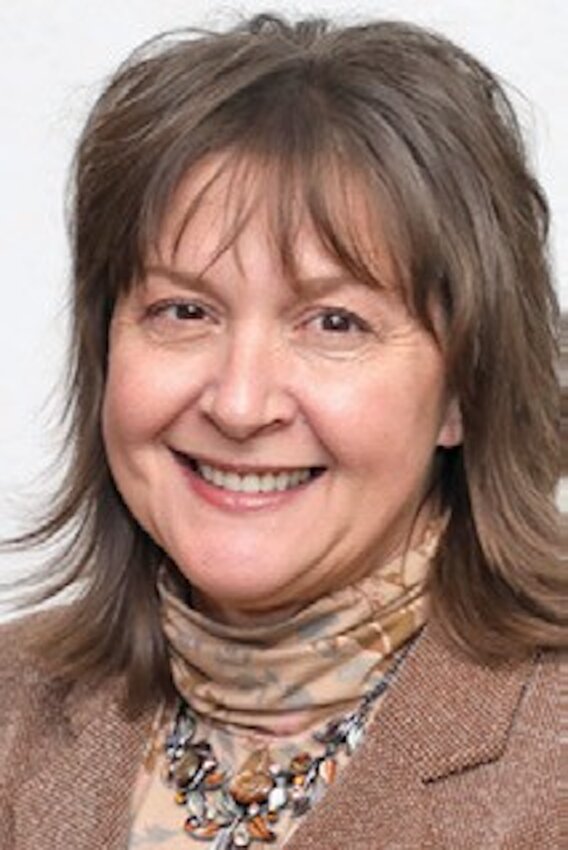
“The advertising and sponsorship space on the Kid Scoop page is a premium spot. The law firm on the page was our first sponsor and has committed to a five-year contract. The hardware store that advertises on the page runs at least one ad a month and features a product related to nature or animals, such as bird seed, which are many of the topics in Kid Scoop,” Schneider said.
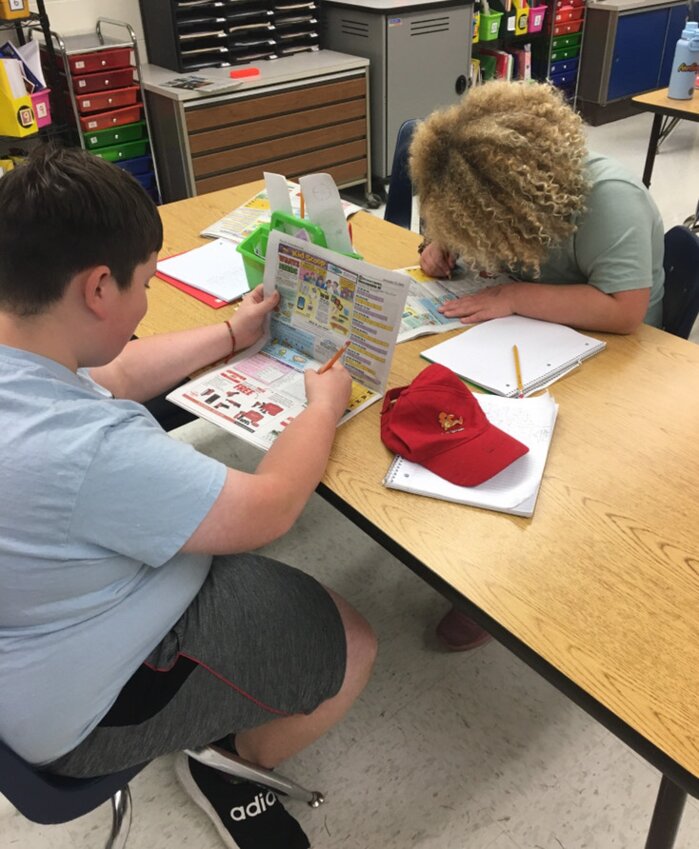
Cecile Wehrman, executive director of the North Dakota Newspaper Association, has experienced similar revenues with Kid Scoop in The Journal, Crosby, North Dakota, although its circulation is less than 2,000. The Kid Scoop page includes two advertisers, which covers part of the cost of the license in addition to support from a grant. Having launched the multi-page Kid Scoop News through Journal Publishing, Wehrman is now working to bring it under the association’s umbrella with plans to grow beyond the 30,000 copies delivered each month to 95% of all K–6 classrooms in western North Dakota.
“The revenues generated cover the work of our layout people to localize the content. The donations and sponsorship support provide the funds to pay publishers to deliver Kid Scoop the final miles from the printing plant to the schools. It’s been absolutely the most positive opportunity I’ve ever been involved with a newspaper as a feature,” Wehrman said.
Both Schneider and Wehrman have received feedback from their local readers about how much their families enjoy Kid Scoop. Sponsors/advertisers have shared the response they've received from customers who thank them for making Kid Scoop available in the community.
The puzzle masters
Although publications like The Washington Post have a staff creating puzzles, many of the most-played puzzles are the work of individual, professional puzzle masters. David L. Hoyt is the source of Jumble, the world’s most syndicated daily word game, and many other puzzles and games, including TV Jumble, Word Winder and Word Search World Traveler. He is also the author of several games and puzzles for USA Today and Jumble-themed apps.
“My advice to newspapers and news outlets is to work with puzzle creators who are passionate about games and puzzles. You want to publish puzzles that are sticky and create a feeling for players so they’ll return regularly. You can create a business around them,” Hoyt said.

Myles Mellor is one of the rare puzzle hobbyists who became a full-time professional puzzle master — and he credits Hoyt’s mentoring and encouragement for much of his success. Today, he publishes 80 crossword puzzles every month that more than two million people play. One of his specialties is themed crossword puzzles, which he has created for many magazines.
“There are many ways to generate revenue from interactive crossword puzzles. The clues and answers can relate to an advertiser's branding, and its logo and ad can be included on the same page. The advertiser’s name can be incorporated into the puzzle as I did for Pepsi, with its name and message displayed diagonally through the puzzle with a red background,” Mellor said.
Readers who play games and puzzles are a loyal, captive audience newspapers and news outlets can offer to advertisers and sponsors for a premium rate because games and puzzles are a positive haven for its players, motivating them to return often.
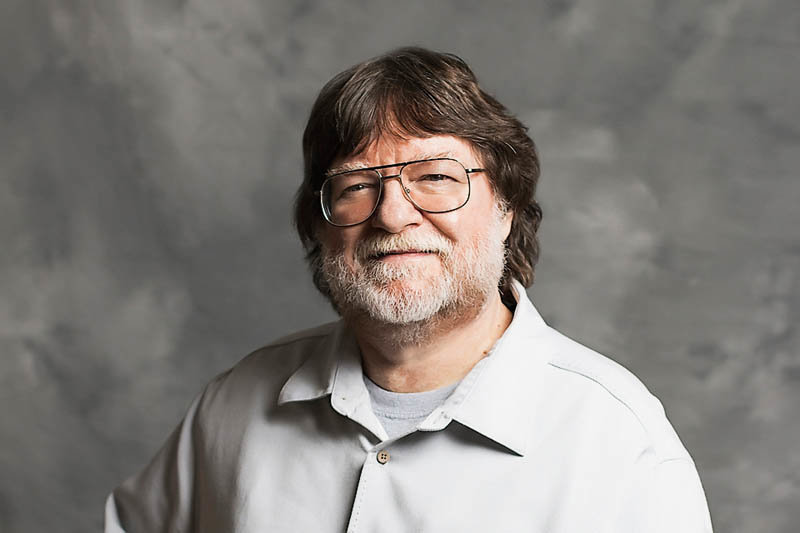 Bob Sillick has held many senior positions and served a myriad of clients during his 47 years in marketing and advertising. He has been a freelance/contract content researcher, writer, editor and manager since 2010. He can be reached at bobsillick@gmail.com.
Bob Sillick has held many senior positions and served a myriad of clients during his 47 years in marketing and advertising. He has been a freelance/contract content researcher, writer, editor and manager since 2010. He can be reached at bobsillick@gmail.com.
Comments
No comments on this item Please log in to comment by clicking here